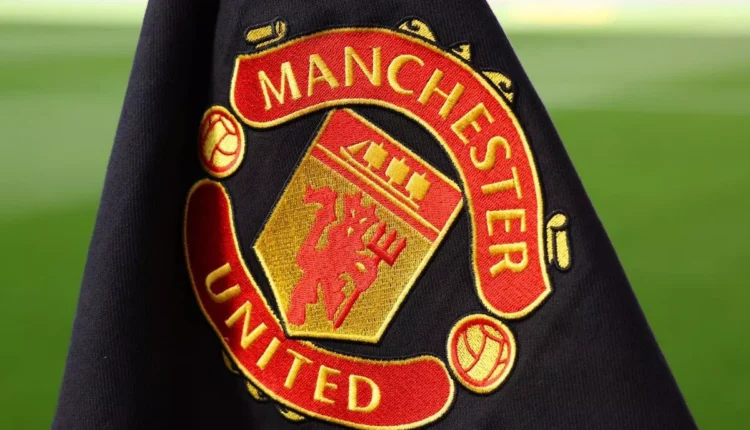Premier League Controversy: Manchester United’s Disallowed Goal Ignites Uproar!

Premier League Faces Backlash: Shocking VAR Error in Brighton vs. Manchester United Match**
In a stunning development that has left football fans and experts reeling, the Premier League has announced a critical VAR error in the recent match between Brighton and Manchester United. The decision to disallow a goal scored by Manchester United’s Marcus Rashford has sparked widespread outrage and scrutiny, putting the Professional Game Match Officials Limited (PGMOL) under intense pressure.
The controversy erupted during the 33rd minute of the match when Rashford appeared to equalize for Manchester United, who were trailing Brighton 1-0 at the time. The goal was celebrated by the Old Trafford faithful, but the joy was short-lived. Officials, after reviewing the play with VAR, ruled the goal out for offside. This decision, which has been described as a ‘never-before-seen’ offside call, has led to a torrent of criticism and calls for reform.
The incident began with Rashford finding the back of the net, sending Manchester United fans into raptures. However, the euphoria was quickly dampened when the on-field referee, after consulting with the VAR team, disallowed the goal. The grounds for the decision were an offside violation, but many have argued that the evidence supporting this call was insufficient.
Replays showed Rashford seemingly in line with the last defender when the ball was played, raising questions about the accuracy of the offside decision. Pundits and football analysts have been quick to weigh in, with several high-profile figures expressing their belief that the goal should have stood. The VAR system, designed to ensure fairness and accuracy, has come under intense scrutiny for its role in this controversial call.
The disallowed goal has cast a long shadow over the match, with the atmosphere at Old Trafford remaining tense throughout the game. Manchester United, feeling aggrieved by the decision, continued to press for an equalizer, but the sense of injustice persisted both on and off the pitch. Fans took to social media in droves, expressing their frustration and demanding answers from the authorities.The fallout from this incident has led to calls for a reevaluation of how VAR is used in the Premier League. Some have suggested that artificial intelligence could be employed to improve the accuracy of offside calls and reduce human error. The idea of AI taking over VAR has gained traction among those who feel that current refereeing standards are not up to par.
Adding fuel to the fire, there have been accusations that referees in the Premier League have consistently shown bias against certain teams, with Chelsea fans notably vocal about perceived injustices in past seasons. While these claims have been a source of ongoing debate, the latest VAR controversy has reignited discussions about the reliability and fairness of officiating in English football.
The PGMOL is now facing a thorough review of the incident and its implications. As the Premier League grapples with this latest controversy, the call for greater transparency and accuracy in officiating has never been more urgent. The fallout from this VAR error is likely to influence future decisions and reforms, as football fans and stakeholders demand a more reliable and fair system.
As the Premier League and its governing bodies navigate the aftermath of this high-profile error, the focus will undoubtedly remain on ensuring that such mistakes are not repeated. The integrity of the game depends on the accuracy of its officiating, and with the spotlight firmly on VAR, there is an imperative for meaningful change to restore trust and confidence in the sport.The disallowed goal by Marcus Rashford in the Brighton vs. Manchester United match has indeed caused a significant stir. The decision to rule out the goal for offside has been met with widespread criticism, especially given the replays that suggest Rashford might have been level with the last defender. The VAR system, designed to enhance accuracy, is now under intense scrutiny for its role in this controversial call.
The Premier League and PGMOL are facing pressure to review and potentially reform the VAR process to address concerns about its effectiveness and fairness. The incident has also reignited discussions about perceived biases in officiating and the need for greater transparency and accuracy. As the review continues, there are calls for innovative solutions, including the potential use of artificial intelligence to improve decision-making and reduce human error.








